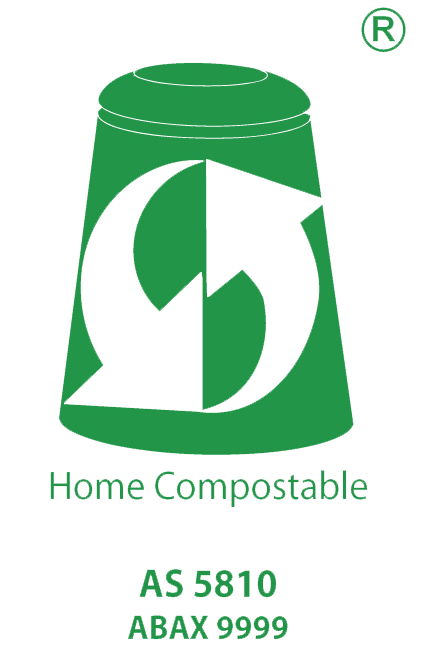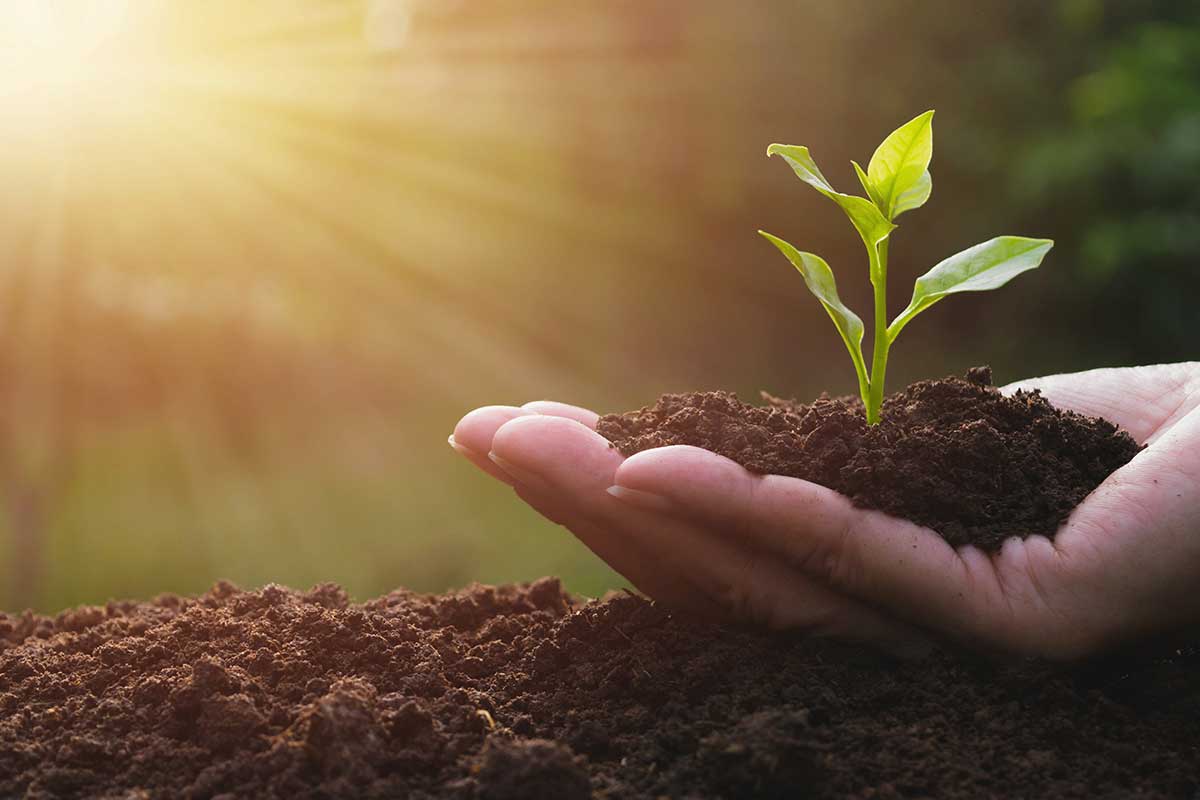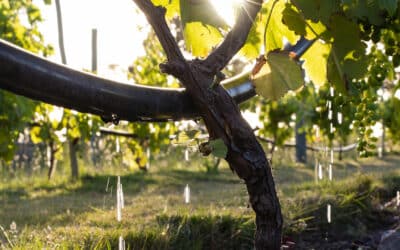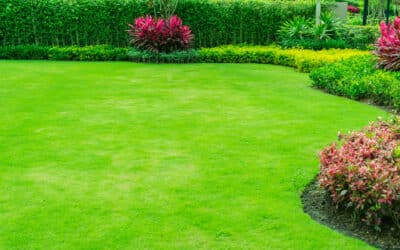Compostable defines a product that is capable of decomposing into natural elements, leaving no toxicity in the soil. If a material is considered compostable, controlled composting process should transform it into organic matter within 3 months, while under normal conditions this takes 1 to 2 years.
Australian standards compostable certification determines the compostability of a product and the effect it has on the quality of the resulting compost.
Every product, even if made of the same materials, have quite different chemical, physical and biological properties consequently performing differently in a soil.
At Jeffries, we currently prefer to accept compostable products that are certified to Australian Commercial Composting Standard AS 4736 and/or Certified Home Compostable AS 5810. Look out for the below symbols on your compostable products.


IF IT HAS EITHER OF THESE TWO CERTIFICATIONS IT CAN GO!
The Australian Standard means that your product will break down into compost material with no toxic effect of the compost on plants and earthworms.
Producing safe, high quality compost for renewing our soils is one of our environmental pillars. We require compostable packaging to meet the Australian Standard so that we and you know that our composts, fertilisers and mulches are safe to use even for organic farming, food production, in public spaces and in your home garden.
Other standards including from the European Union do not meet this toxicity test and so we cannot take them in our compost.
For more information on the Australian Compostability standards visit:
https://www.bioplastics.org.au/certification/the-seedling-logo/
Suppliers who offer Australian Certified Compostable products Jeffries can accept:
Bowls, plates, cups and cutlery:

Bags:

Packaging:

ComPost range









